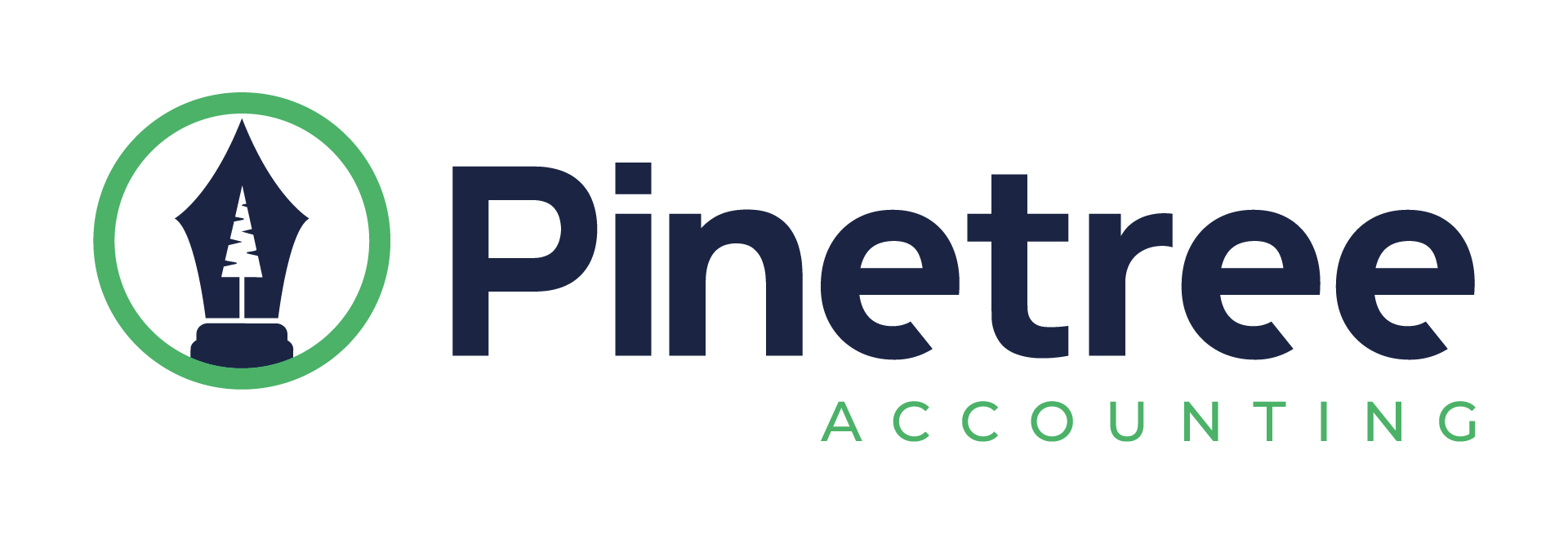Outsourcing payroll services is becoming an increasingly popular choice for businesses of all sizes, from small and medium-sized enterprises to large corporate conglomerates. There are many reasons for this trend, but all involve the potential for cost savings, improved efficiency, and process streamlining.
The most significant benefit of outsourcing payroll services is that it can significantly reduce costs. By outsourcing payroll services, businesses can avoid the costs associated with salaries and benefits for in-house staff members who would otherwise manage payroll functions. Outsourcing also eliminates or reduces overhead expenses related to software licensing fees, hardware upkeep and maintenance costs, or other associated technology charges. As a result, businesses can eliminate unnecessary expenses that could be used to grow their business or reinvest in new initiatives.
 Furthermore, outsourcing payroll services can improve efficiency. Since most third-party providers specialize in specific tasks like payroll processing and tax compliance, they typically have more expertise and experience than internal staff members who may be spread across multiple departments or responsible for various duties. By entrusting these tasks to experts in the field, businesses can ensure they are being handled quickly and accurately while saving time on mundane tasks like data entry or administrative functions that would otherwise fall on individual employees. This increased efficiency has the added benefit of freeing up resources within the organization so employees can focus their efforts on more complex issues like strategy development or customer service initiatives.
Furthermore, outsourcing payroll services can improve efficiency. Since most third-party providers specialize in specific tasks like payroll processing and tax compliance, they typically have more expertise and experience than internal staff members who may be spread across multiple departments or responsible for various duties. By entrusting these tasks to experts in the field, businesses can ensure they are being handled quickly and accurately while saving time on mundane tasks like data entry or administrative functions that would otherwise fall on individual employees. This increased efficiency has the added benefit of freeing up resources within the organization so employees can focus their efforts on more complex issues like strategy development or customer service initiatives.
Outsourcing payroll services also bring greater security and compliance benefits to organizations. Third-party providers often have access to high levels of security protocols not available to smaller entities, such as encryption software and updated firewalls which are necessary for protecting sensitive information about both company performance and employee personal data. Additionally, by partnering with a third-party provider, companies will have peace of mind knowing their payroll processes meet current legal requirements around taxation laws which could help them avoid costly penalties due to negligence in this area.
Finally, outsourcing payroll services enables companies to take advantage of modern technologies such as cloud computing which allow them to gain real-time access to data while keeping a secure digital ledger of records that cannot easily be manipulated or tampered with, unlike physical documents stored on-premises or paper files kept offsite at a bank vault. This streamlined approach also allows businesses to make quicker decisions based on accurate financial information while reducing manual errors associated with manually entering data into spreadsheets or accounting systems. By leveraging this real-time insight into operational performance, companies can make more informed decisions about their overall operations, resulting in more robust profitability over time – something every business owner strives for regardless of size.
In conclusion, there are many reasons businesses should consider outsourcing payroll services, including cost savings, increased efficiency, security benefits, and compliance advantages derived from modern technology solutions optimized towards financial





